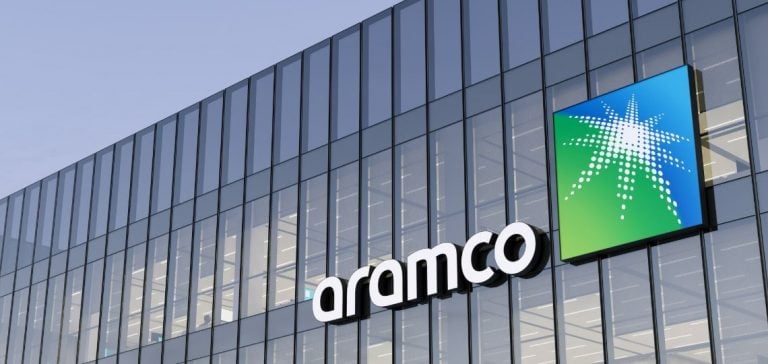The Chief Executive Officer of Saudi Aramco, Amin Nasser, announced that global petroleum demand will remain above 100 million barrels per day (b/d) by 2050. During the Singapore International Energy Week on October 21, Nasser emphasized that the anticipated decline in petroleum demand growth is unlikely to lead to an abrupt decrease.
“Most analysts agree that even when the growth in global petroleum demand stops, at some point, no abrupt drop in overall demand is anticipated, and that stage is likely to be followed by a long plateau. So more than 100 million b/d would realistically still be required by 2050,” Nasser stated. He also highlighted that petroleum demand is currently at an all-time high, with gas demand increasing by nearly 70% since 2000, underscoring that the focus is on energy addition rather than mere transition.
Nasser indicated that while petroleum demand growth has stabilized in certain mature economies such as the European Union (EU), the United States, and Japan, these regions continue to consume substantial quantities of petroleum. In contrast, the global south is expected to experience significant growth in petroleum demand as national economies develop and living standards rise, replicating the consumption patterns observed in developed countries over recent decades.
Challenges of the Energy Transition
Addressing current energy transition plans, Nasser criticized their slow progress and lack of alignment with reality. “Transition progress is far slower, far less equitable, and far more complicated than many expected. The current transition plan continues to ignore this reality, which is why it has failed to deliver in core areas,” he stated. He cited the tripling to quintupling of electricity prices in Europe over the past two decades despite the shift to renewable energy sources as an example of the challenges faced.
Nasser also discussed the limited penetration of electric vehicles (EVs), noting that out of approximately 1.5 billion vehicles globally, only 57 million are electric. This low adoption rate is primarily confined to the United States, China, and prosperous EU countries, driven by policies, subsidies, and incentives. In regions like Asia, Africa, and Latin America, EV adoption is hindered by affordability and infrastructure constraints.
China’s Stimulus and Petroleum Demand
Optimistic about China’s role in future petroleum demand, Nasser highlighted the impact of China’s recent economic stimulus measures. “We are very optimistic about China, and their demand picking up, especially with the big stimulus package coming out from China’s central bank,” he stated. This stimulus is expected to boost demand for jet fuel and naphtha, particularly in the liquid-to-chemicals sector, driven by the growth in electric vehicle production and solar panel manufacturing.
Aramco plans to expand its presence in China by collaborating with Chinese companies and major refiners. “China has big ambitions to grow in the liquid-to-chemical market. Mainly because of the transition and the need for electric vehicles and solar, they need a lot of carbon fiber,” Nasser explained. Aramco is investing in highly complex integrated refineries with significant liquid-to-chemical conversion capacities to support these initiatives.
Geopolitical Stability and Market Competition
On the topic of geopolitical tensions, particularly competition from Russian petroleum suppliers, Nasser expressed confidence in Aramco’s market position. “We have long-term relationships with Indian customers and Chinese customers. Our reliability speaks for itself. So, because of that relationship and because of our reliability, we are maintaining our customer base,” he stated. Despite the introduction of Russian crude into markets like India and China, Aramco maintains customer loyalty through consistent supply reliability.
Nasser also assured that Aramco is prepared for any geopolitical disruptions. “We are always having scenarios to respond to any unforeseen events,” he added. He cited past instances where Aramco swiftly restored operations within two weeks following attacks on their facilities, ensuring uninterrupted supply to customers.






















